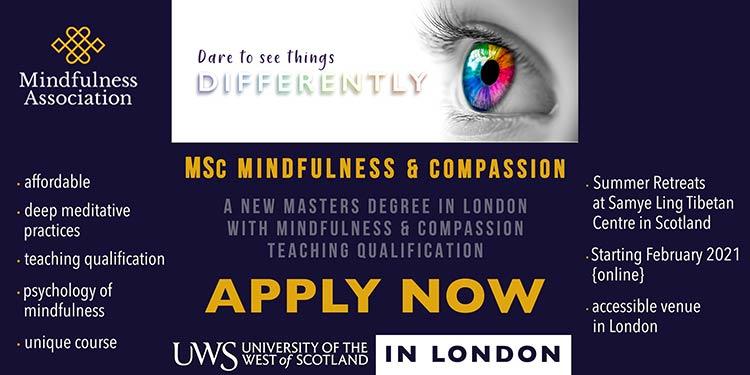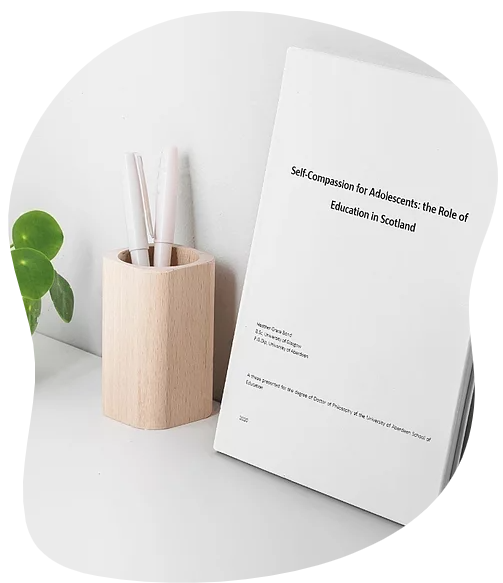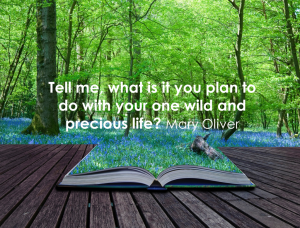Blogs looking at some of the science in psychology, biology and neuroscience around training the mind in mindfulness, compassion and insight, partly inspired by our work with our colleagues from University of the West of Scotland on the Masters Degree in (Teaching) Mindfulness and Compassion, and from the University of Aberdeen on the Masters Degree in Studies in Mindfulness, which are both run in partnership with the Mindfulness Association.
Also, the Mindfulness Association and the Everyone Project are supporting two PhD students in the field of Mindfulness and Diversity, Equality and Inclusion. As part of their work over the next few years they will be contributing blogs to inform and engage those who are interested in this topic.
In neuroscience the default mode network (DMN) is a network of widespread brain regions showing functional connectivity. It is active when we are not task focussed, such as when the mind is wandering. It is active when we are thinking about others, ourselves, remembering the past or planning for the future. It has been shown…
In my blog last week I introduced research into loving kindness meditation by exploring some systematic reviews and meta-analyses of the body of research evaluating loving kindness meditation interventions. Please refer to that blog as an introduction to this blog. In particular, it describes what loving kindness meditation is, how it differs from compassion meditation…
Loving kindness meditation practice is a big part of the curriculum of the Mindfulness Association’s courses. In our mindfulness courses we practice loving kindness for a dear friend and then loving kindness for a dear friend and ourselves. In our compassion courses we practice widening the circles of loving kindness, where we start with a…
In this new blog we will be looking at some of the science in psychology, biology and neuroscience around training the mind in mindfulness, compassion and insight. If you want to investigate further, links are provided at the end of the blogs to the cited literature. This blog is partly inspired by our work with…
If you are considering that career change, and a London-Based course would suit you, our new Masters course MSc Mindfulness & Compassion (with teaching Qualification) is open for applications until the end of January. (The First module will be held online due to current government restrictions) Key Highlights: Course provides the unique opportunity to train…
Next week, after a journey that began that began at the start of 2016, I shall graduate with a PhD in Education from the University of Aberdeen. I guess the journey really began in the autumn of 2013 when I embarked on the Masters programme in Studies in Mindfulness with the Mindfulness Association and the…
If you are considering that career change, and a London-Based course would suit you, our new Masters course MSc Mindfulness & Compassion (with teaching Qualification) is open for applications until the end of January. (The First module will be held online due to current government restrictions) Key Highlights: Course provides the unique opportunity to train…
MSc Studies in Mindfulness Course Overview & Booking Next Course StartsSeptember 2025 Open Evening13 May at 7pmInformation about the MSc and how to apply – first open evening about the MSc on Zoom will take place of Tuesday 13 May at 7pm – to book your spot, please contact info@mindfulnessassociation.net Apply Now For September Start…
This winter has felt long to me, and very, very cold. The turn inwards – the phase of ‘being’ – during the more reflective seasons of autumn and winter has felt so complete, and my experience of hibernation so habituated, that I was beginning to wonder if I would ever again know and feel the…








